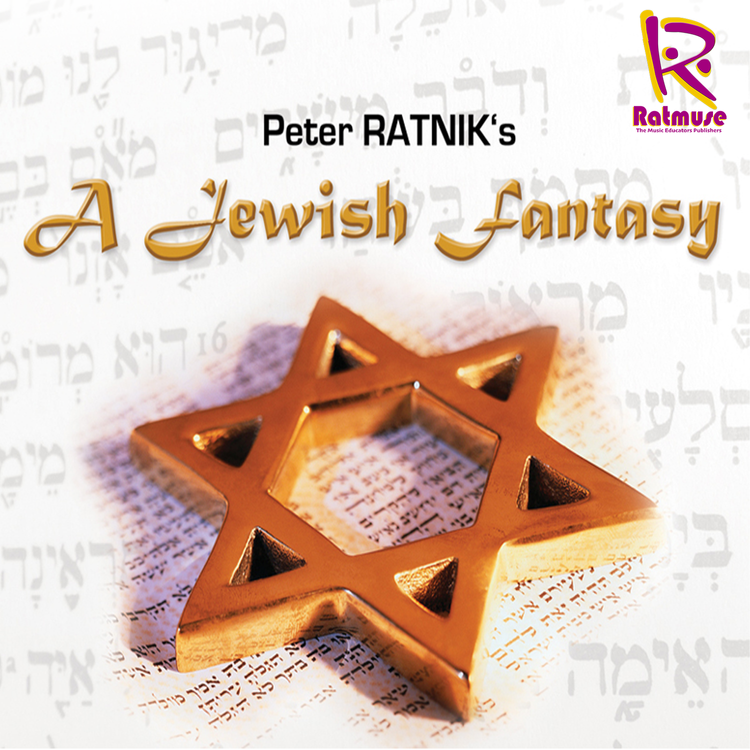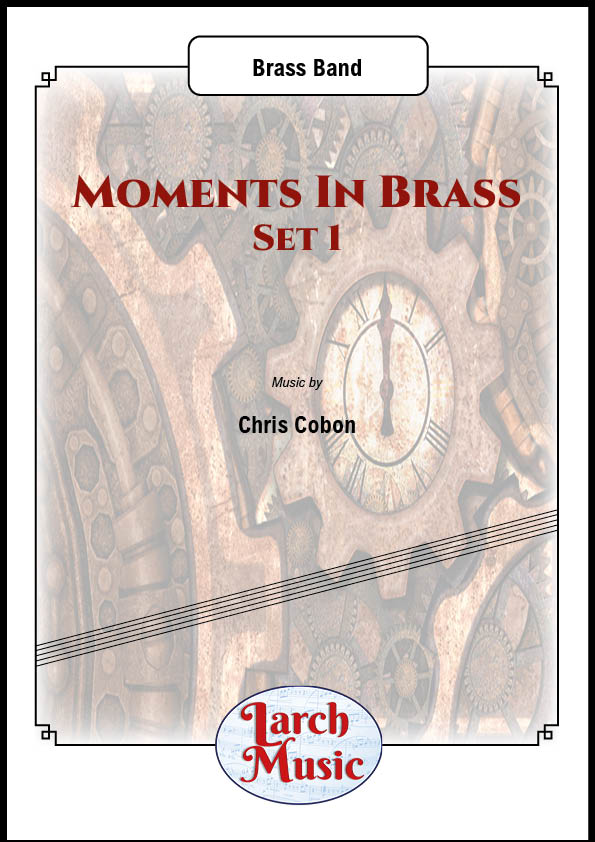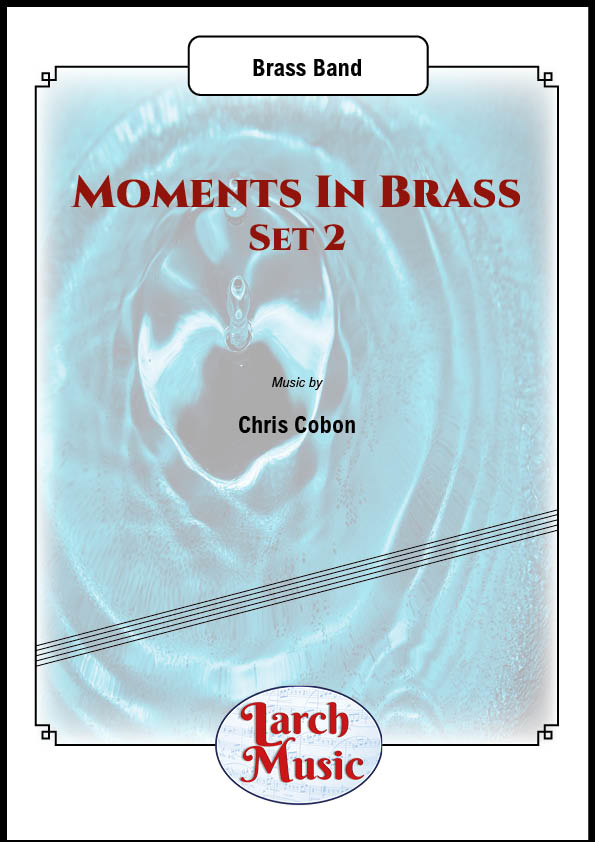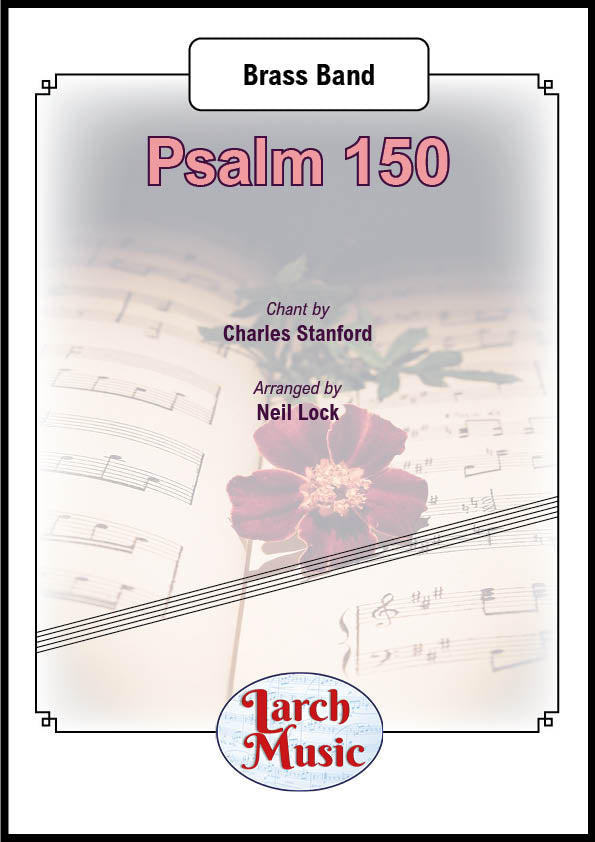Results
-
£133.00
Bipolarity (Bra) - Stijn Aertgeerts
In the close environment of the composer some people struggle with bipolar disorder. It's hard to imagine how hard it must be to live with those episodes, going rapidly between a state of hypomania and severe depression, or worse. With this piece I wanted to try and describe those different episodes, from a highly elevated mood into a great feeling of sadness, from euphoria to complete darkness. The piece starts off really excited, almost overexcited and a touch nervous. This mood quickly shifts into self-doubt, announced by the multiple cadenzas in cornet, euphonium, flugelhorn and trombone. Out of this follows a haunting feeling of growing sadness. Another eerie reminder of the opening shifts the mood into calmness, optimism and even for just a second complete happiness. This however fades in an instant, as you hear someone literally being dragged down by a chain. Here starts the total spiral into darkness, spinning more and more out of control to a heavy and dark conclusion.
Estimated dispatch 7-14 working days
-
£71.00
Between Light and Dark (Bra) - Arend Gerds
'Between light and dark' is inspired by the early baroque opera L'Orfeo, composed by Claudio Monteverdi in 1609. This opera tells the story of the greek legend Orpheus and his attempt to bring his dead bride Eurydice back to the living world. The composition contains some musical quotes from L'Orfeo. These quotes have a ritornello function in the form of this work. Other (because of the opera's libretto) related topics, come from Ancient Greek music and the opera's story (libretto); resulting in the use of tetrachord structured gestures, polymeric functions and tone clusters.
Estimated dispatch 7-14 working days
-
£75.00
Beautiful Moments (Bra) - Stijn Aertgeerts
'Beautiful Moments " is written for the wedding of some close friends of the composer. A subtle beginning of a simple melody, floating along various instruments through various sections before growing into a beautiful tutti passage as the icing on the cake!
Estimated dispatch 7-14 working days
-
£72.00
Why Not (Bra) - Michel Camilo - Dave Collins
Loving latin jazz numbers?! Then you will like this superb arrangement by Dave Collins of 'Why Not'. Ideal to showcase some soloists and let your drummer go wild! Michael Camilo is a grammy award winning pianist and composer from the Dominican Republic.
Estimated dispatch 7-14 working days
-
£85.00
Fanfare for the Union (Bra) - Pierre-Antoine Savoyat
This young French composer (1993) wrote this sparkling brass band overture commissioned by Brass Band Buizingen & Luc Vertommen in 2017.The name of the piece is a reference of the origins of the band "Union-Buizingen". This piece gives some nice solos who contrast with bright tutti (in pure style of Brass Band overture).
Estimated dispatch 7-14 working days
-
£67.00
Taiko & Geisha (Bra) - Traditional - Fredrick Schjelderup
"Taiko & Geisha" was commissioned by the Norwegian brass band, Kleppe Musikklag, as a part of their contest program: "Around the world", for the entertainment contest, Siddis Brass Festival, in 2012. The piece is in some ways a small "postcard" or a hommage to the sound of different asian music. It includes drum features (quasi Taiko-drumming), solos and great big melodic lines as well as the sound of traditional Koto-harp themes.
Estimated dispatch 7-14 working days
-
 £40.00
£40.00A Jewish Fantasy - Brass Band - RMP002 - Traditional - Peter Ratnik
COMPOSER: TraditionalARRANGER: Peter RatnikPeter Ratnik has crafted a selection of some of the most popular Jewish folk songs for Brass Band. A Jewish Fantasy will take your audiences on a wonderful, colourful musical journey.CLICK HERE TO HEAR THIS PIECE - A Jewish Fantasy by Peter Ratnik
In Stock: Estimated dispatch 3-5 working days
-
 £50.00
£50.00Moments in Brass ~ Set 1 - Brass Band - LM267
COMPOSER: Chris CobonMoments in BrassSet 1Nos. 1 - 4'Moments in Brass' follows on, chronologically, from three programmatic pieces about steam trains. LMR600 Gordon, Tornado (LNER Peppercorn Class A1 60163) and The Lady Armaghdale.In contrast, Moments in Brass are all examples of absolute music and is non-representational. The compositions develop from ideas I have found interesting and, in some cases quirky.The pieces are grouped into sets of four; which allows for shorter pieces that still have musical value. Conductors should not feel compelled to perform all four together (although they do work well in that form) the moments are not movements, but individual pieces in their own right.Musical traits: I particularly like exploring shifting tonal centres, metre and the use of appoggiaturas. Hidden in a number of the Brass Moments is the use of a rising scale, inspired by the brass in the closing sections of Respighi's Pines of Rome.
In Stock: Estimated dispatch 3-5 working days
-
 £50.00
£50.00Moments in Brass ~ Set 2 (Chris Cobon) - Brass Band Sheet Music Full Score and Parts - LM279
COMPOSER: Chris CobonMoments in Brass -Set 2Nos. 5 - 8'Moments in Brass ~ Set 2' follows on, chronologically, from Moments in Brass ~ Set 1 and the three programmatic pieces about steam trains. LMR600 Gordon, Tornado (LNER Peppercorn Class A1 60163) and The Lady Armaghdale.In contrast, Moments in Brass are all examples of absolute music and is non-representational. The compositions develop from ideas I have found interesting and, in some cases quirky.The pieces are grouped into sets of four; which allows for shorter pieces that still have musical value. Conductors should not feel compelled to perform all four together (although they do work well in that form) the moments are not movements, but individual pieces in their own right.Musical traits: I particularly like exploring shifting tonal centres, metre and the use of appoggiaturas. Hidden in a number of the Brass Moments is the use of a rising scale, inspired by the brass in the closing sections of Respighi's Pines of Rome.
In Stock: Estimated dispatch 3-5 working days
-
 £30.00
£30.00Psalm 150 - Brass Band - LM469 - Charles Stanford - Neil Lock
COMPOSER: Charles StanfordARRANGER: Neil LockTo celebrate the planned re-opening of St. Mary's Church, Liss, 2020In 1909, Charles Villiers Stanford composed the chant to which the last psalm in the book, Psalm 150, is now usually sung. This is a free arrangement of that tune for brass band, which can be used either as a stand-alone piece or as an encore, particularly at the end of a concert in a church. I use some of Stanford's original harmonies, but most of the chords are my own.At the beginning and end, imagine the band playing at one end of a cathedral. After the first, very loud phrase, we hear the sound reflected back from the far end. The fast main section is divided into six "verses" as follows:Praise him in the cornets and trumpets;Praise him in the horns and baritones;Praise him in the deepest basses,And praise him in the trombones;Praise him in the loud percussion,And in the euphoniums.This piece was first played in public as part of the Liss Band's first formal post-COVID concert, in St. Mary's Church, Liss on July 16th, 2022.Suitable for most bandsLM469ISMN : 9790570004690
In Stock: Estimated dispatch 3-5 working days




